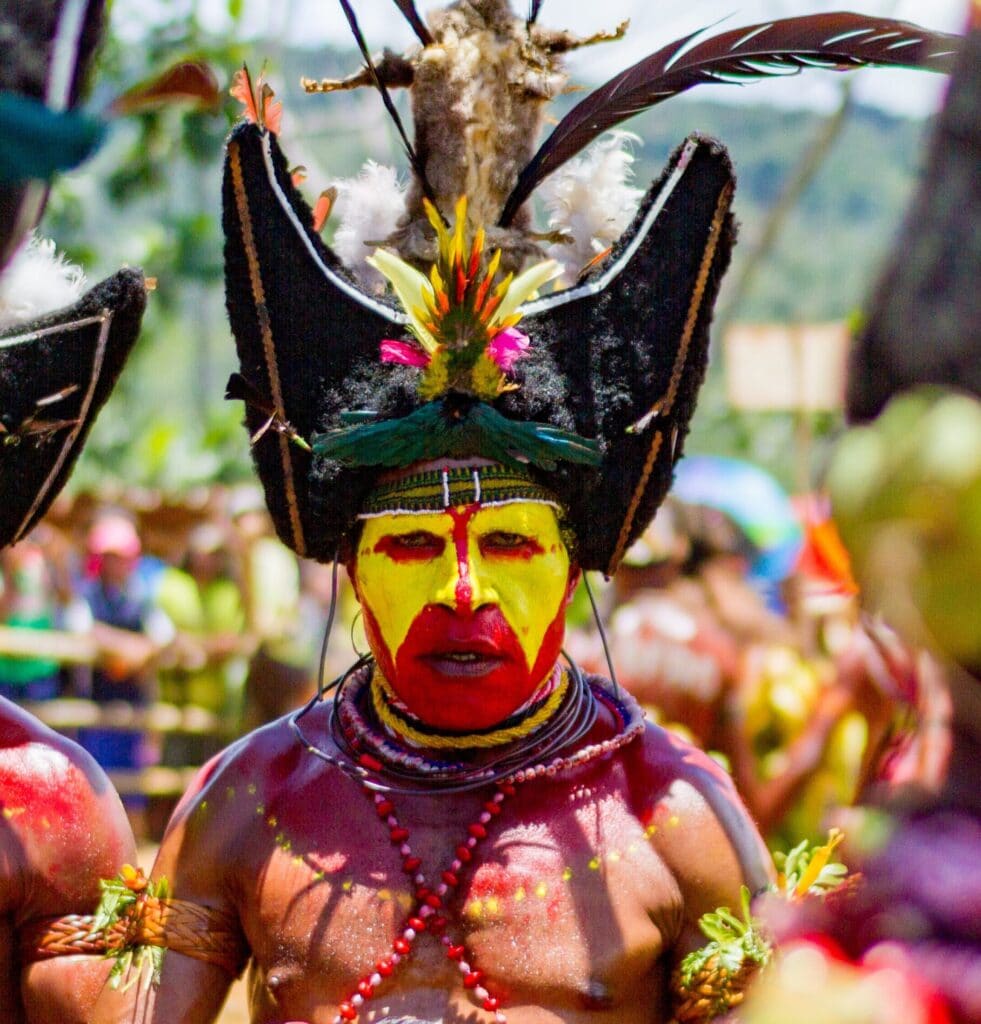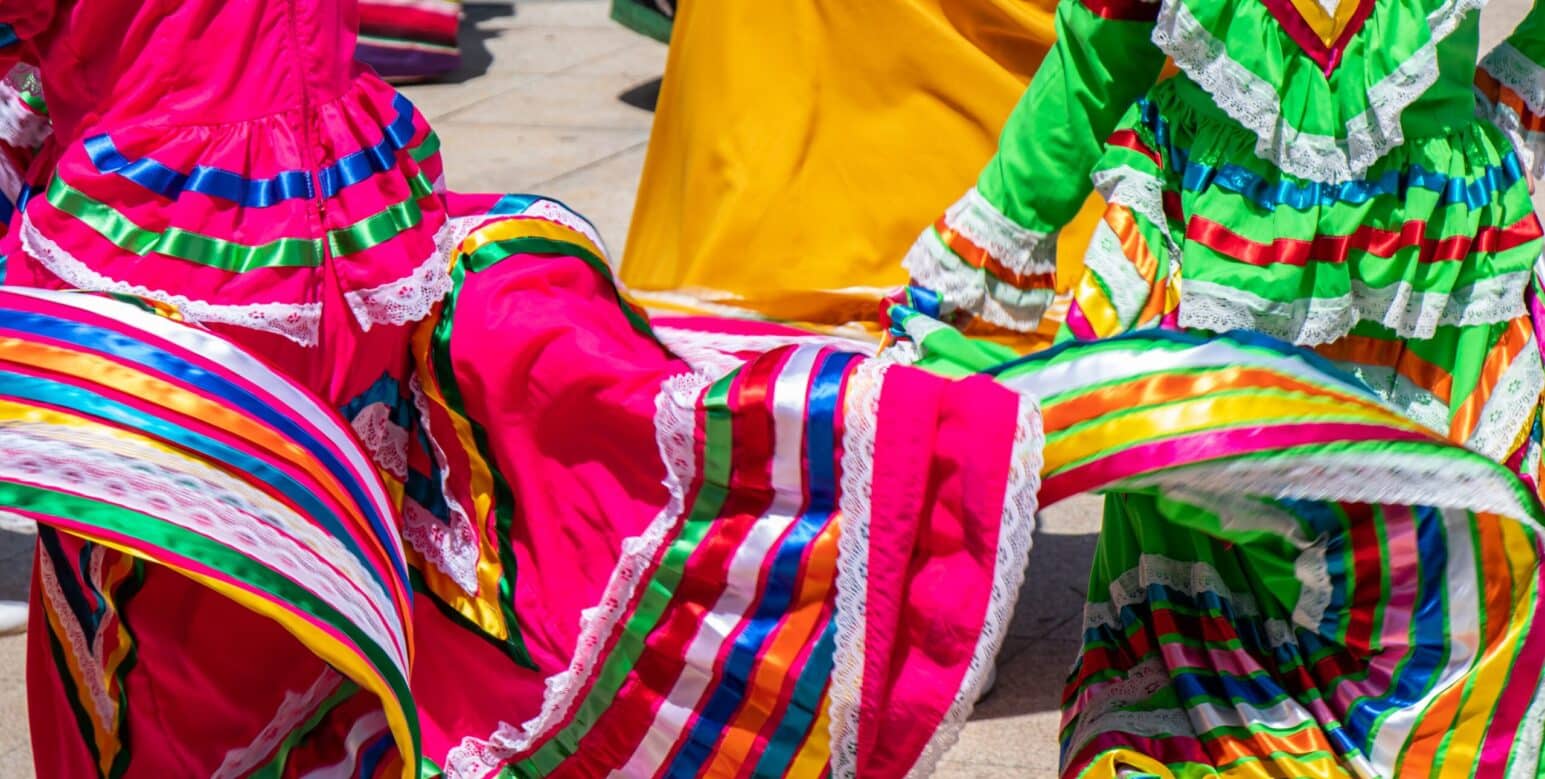The AutoEthnographer Literary and Arts Magazine
The AutoEthnographer is an award-winning, non-profit, open-access, peer-reviewed literary and arts magazine dedicated to presenting the creative side of autoethnography, a qualitative research method that unites autobiography and ethnography by utilizing lived experience as evidence with which to explore cultural phenomena. A 501(c)(3), we are a digital magazine dedicated to creating a public, open-source space for creatives to share their personal stories of cultural experience. We aim to support emerging authors and artists, to promote cultural diversity and appreciation, and to celebrate creative expression as a vehicle for shared understanding.

We believe that research over the last 4 decades has illustrated how autoethnography is a powerful tool for critical, cultural, personal, and professional reflection and expression; we believe that autoethnographic creative expression can educate, heal, inspire, illuminate, and challenge. Our independent editorial team of international artists, performers, writers, and scholars invites unpublished, unsolicited, evocative stories – sometimes textual, audio, visual, or multimodal – crafted in conjunction with autoethnography that celebrate the intersection of personal expression and cultural inquiry. We particularly seek to give voice to students and scholars who feel marginalized or voiceless in their research journeys, recognizing that there are many ways to perform cultural inquiry and with many different purposes and audiences in mind. We also invite reflections on performing autoethnography, interviews with or among autoethnographers, and news/resources. Theoretical, academic, and philosophical treatments of autoethnography are recommended for submission to The Journal of Autoethnography (unaffiliated).
We seek to make autoethnography more accessible via a focus on non-academic, creative work presented in an array of modalities. Likewise, we value opportunities to nurture contributors and help connect them to audiences by fostering an editorial environment of encouragement and support; our editors regularly volunteer to assist contributors in developing their submissions. We also understand the significance of social presence for our contributors and to that end we are earning a modest but growing social media following across numerous platforms, participating in relevant literary and academic communities, and presenting our magazine at international conferences; visibility of our contributors is one of our most important goals.
A highlight of our content is our additional yearly special issue dedicated to important global themes; in 2022 we are focusing on creative work reflective of or in response to “climate change.” In 2023, our theme will be “laughter.”
Though our magazine is published in the English language, we are a proponent of trans-languaging and invite our contributors to submit work in more than one language and/or to code-switch as desired; we also offer a basic translation tool visible on each page of our website capable of translating content into more than 100 different languages in order to support accessibility.
Please see our Submissions page for more information about publishing at The AutoEthnographer. Please see our Work with Us page to learn about volunteering at The AutoEthnographer. Please see our editor’s introduction The Birth of an Idea, and editorial board’s What Do Editors Look for When Reviewing Evocative Autoethnographies? to learn about the rationale behind The AutoEthnographer. View Our Team to learn about our editorial board. Visit our Community to interact with others.
ISSN: 2833-1400
Photo of Papua New Guinea man by Jordan Donaldson | @jordi.d on Unsplash




